
- In pictures
- In pictures
Testimonies of birth
A 1980s film about childbirth explores how the experience felt for the women featured and offers a glimpse into the big birthing trends of the day.
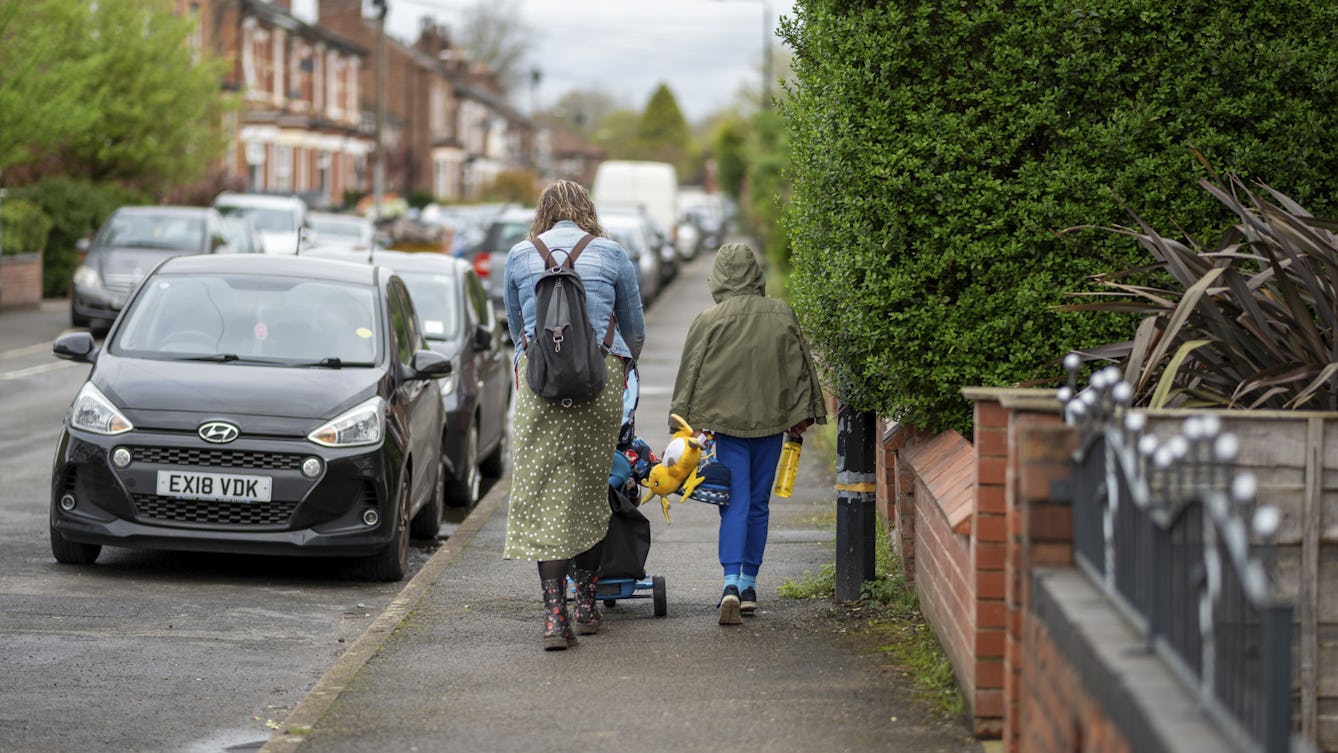
- Article
- Article
Unmasking neurodivergent parenthood
Observing her eldest child’s neurodivergent traits and supporting his education set Erin Beeston wondering about her own ‘odd’ behaviour in childhood, and whether adult diagnosis could be empowering.
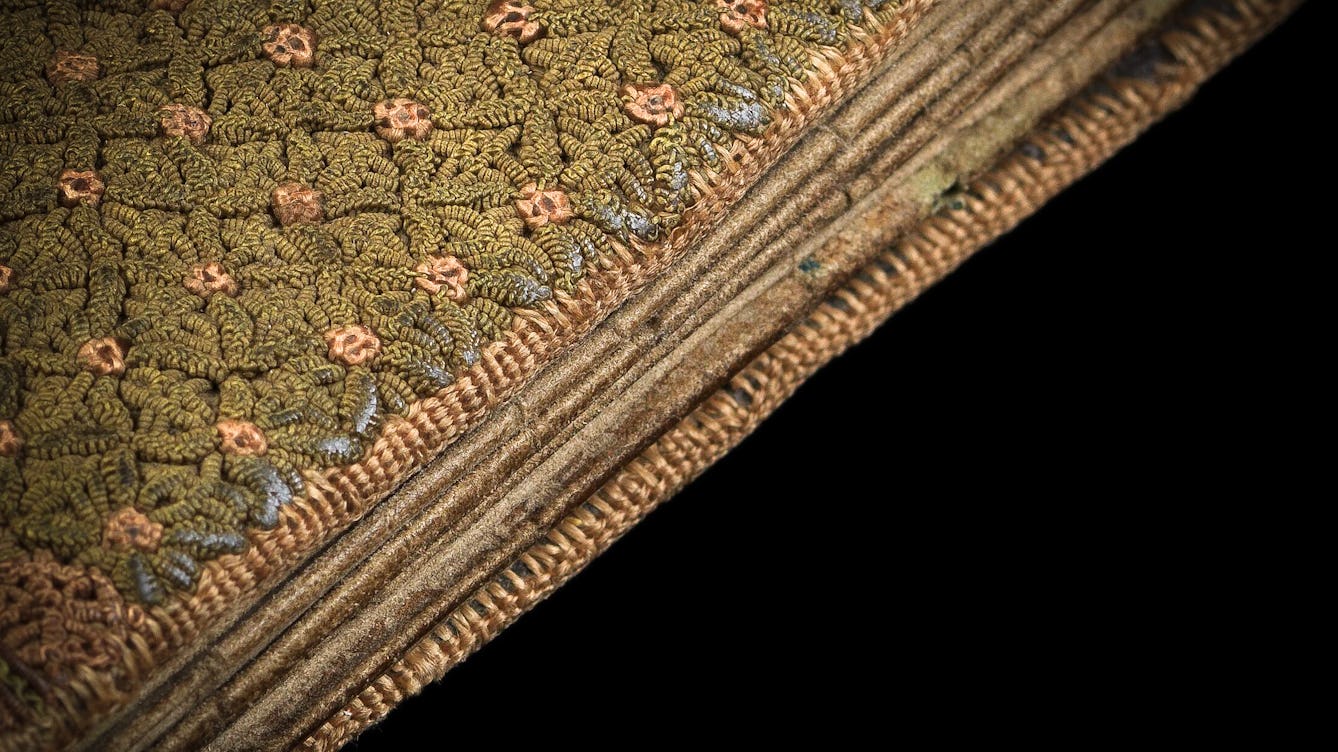
- In pictures
- In pictures
Following the maker’s path into the lost art of medieval embroidery
Textile maker Jacqui Carey unravels the mysteries of medieval embroidery by recreating the materials and techniques for herself, with the help of clues left by the original makers.

- Article
- Article
Chronic illness and the pressure to get well
When she was ill, Naomi Morris assumed she was on a straightforward journey from sickness to health. But what if our experiences of mental distress and ill health aren’t that neat?

- Article
- Article
Pain, politics and the power of photography
Art historian Giulia Smith explains what she most admires in the work of Jo Spence and Oreet Ashery, and how their approach makes illness political.

- In pictures
- In pictures
“Each day brought a new obstacle I hadn’t considered”
I'm a 25-year-old autistic artist from Manchester. I have just moved from my first home away from my parents to a new apartment.
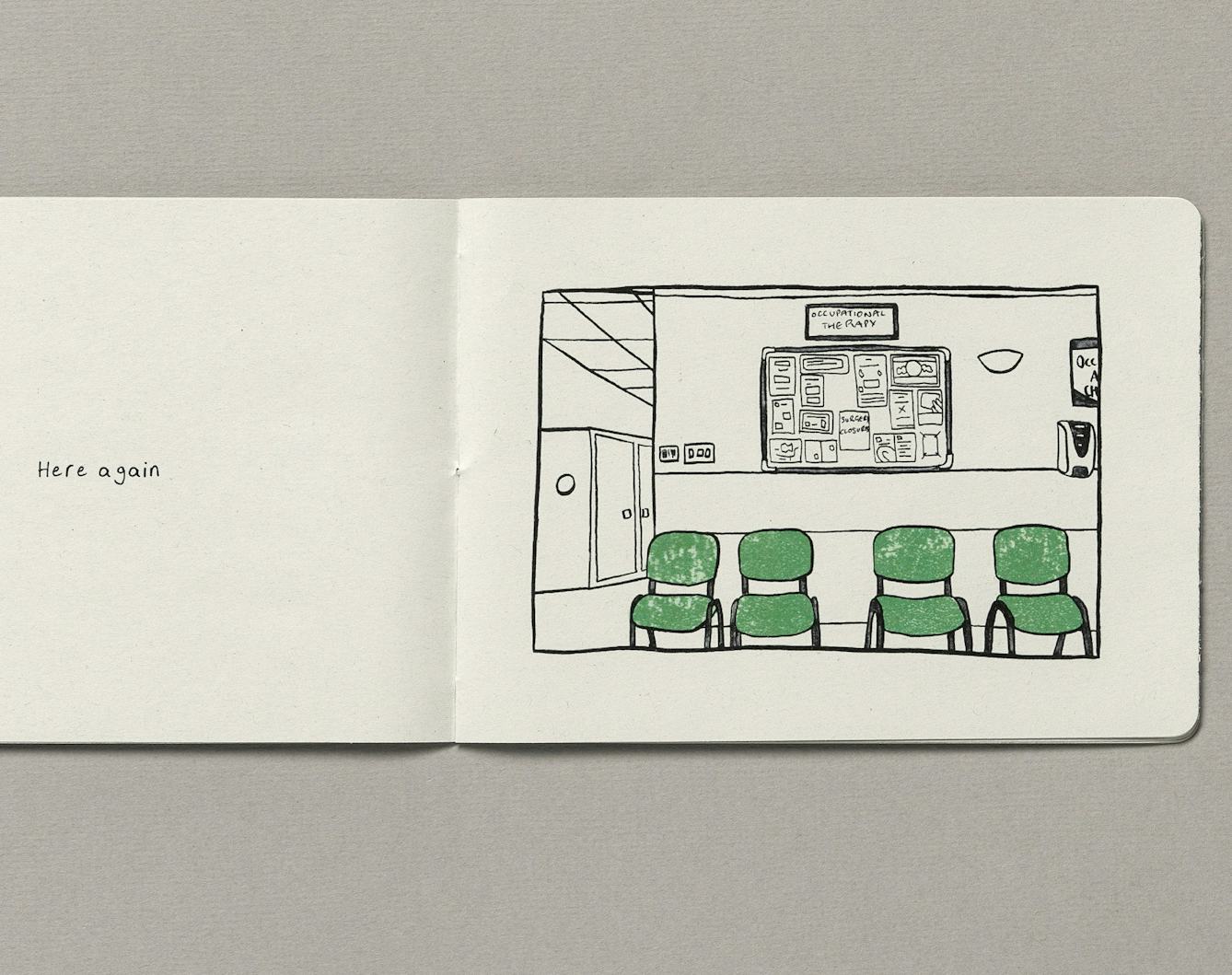
- In pictures
- In pictures
Zines from the in-between
Zines, because they are messy, unconventional and personal, are the ideal vehicle for describing the in-between, liminal parts of life. Lea Cooper is a researcher and zine-maker who has been delving into Wellcome’s zines collection.

- Article
- Article
People against pollution
Alice Bell reflects on what happens when communities help solve environmental problems, and whether citizen science can help fight industrial pollution today.

- Article
- Article
The pill, autism and me
Realising that her contraceptive was having a negative effect on her mental health, Catriona Reid saw her concerns dismissed by doctors. As an autistic woman on the pill, she was not an anomaly, but has often been made to feel like one.

- Article
- Article
Finding the words to talk about emptiness
Shored up by a diagnosis and medication, Cassie Doney tried to find out more about the profound feeling of emptiness they were experiencing. But research is thin on the ground.
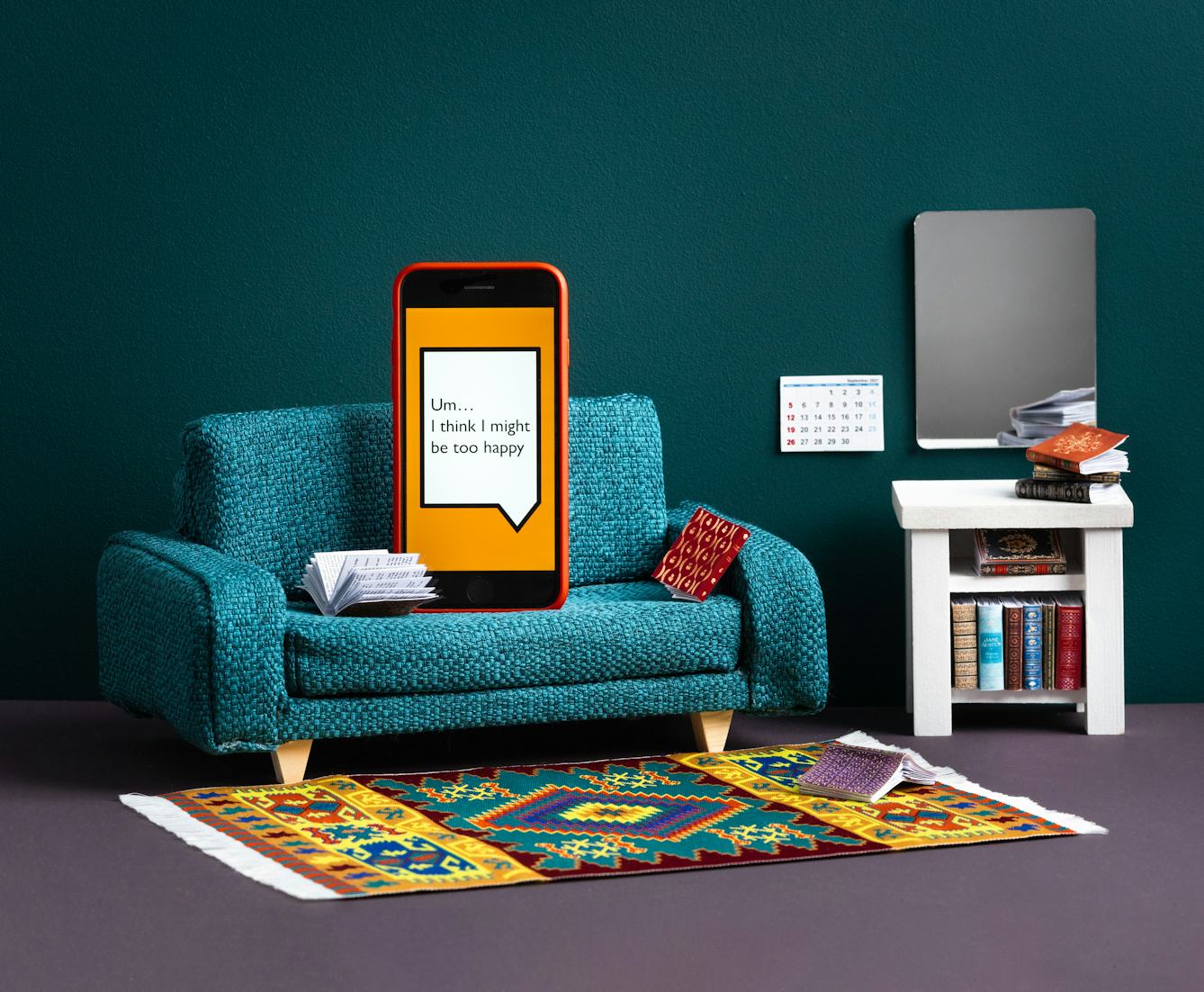
- Book extract
- Book extract
Solving the mystery of how to be happy
Crime writer Sophie Hannah thinks she might be too happy. Worried she’s using her happiness as an excuse to avoid a big work problem, she turns to a life coach for help.
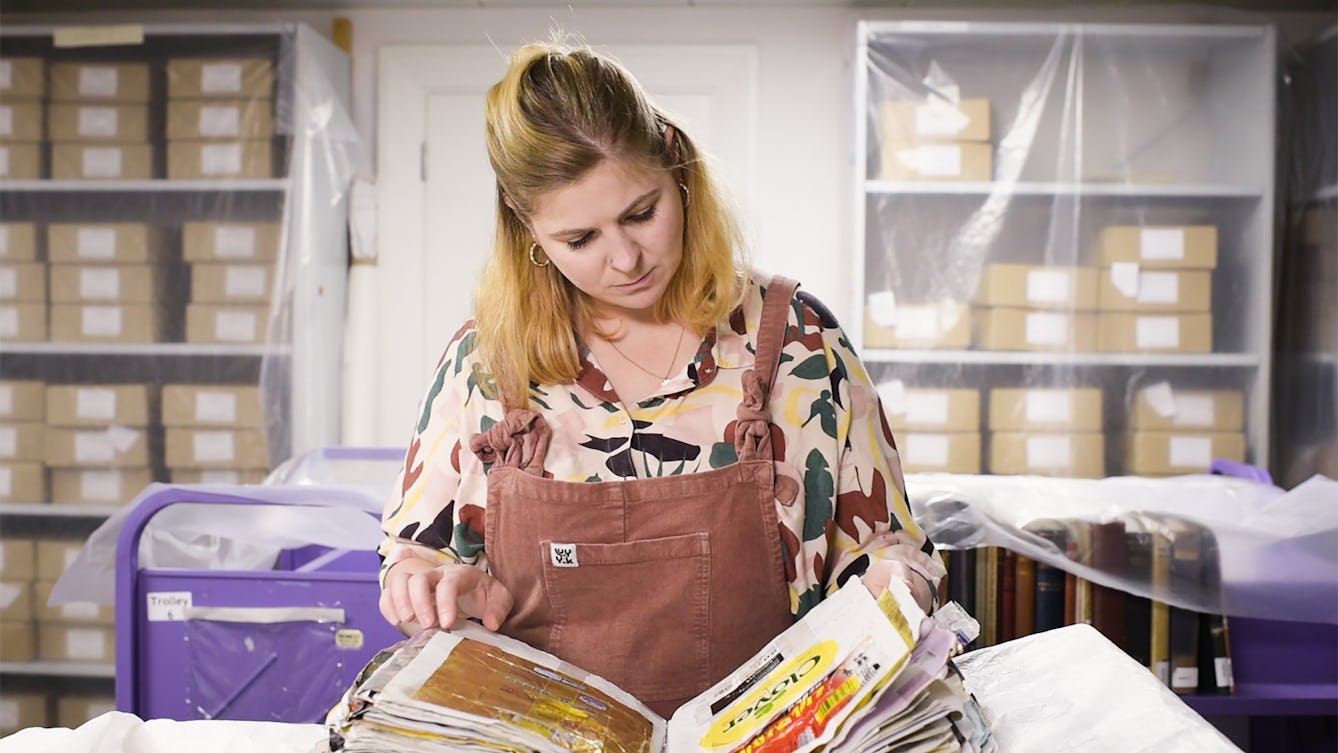
- Short film
- Short film
Audrey’s archivist
In this short film, archivist Elena Carter talks about how she worked with Audrey’s scrapbooks to preserve her individual voice within her archive.

- Article
- Article
Walk, interrupted
By listing all the things that get in her way, Caroline Butterwick wants to create an embodied experience of disability and convince you that inclusion is everyone’s responsibility.

- Article
- Article
Coleridge’s hypochondria
An intense focus on his own bodily sensations led poet Samuel Taylor Coleridge to self-medicate with narcotics. But this fascination also put Coleridge ahead of the medical sensibilities of his day.

- Photo story
- Photo story
Trans masculinity on the record
Curator of the Museum of Transology in Brighton E-J Scott tells the story behind a few of the 250 objects from the collection, and the powerful effect they had on him as he put trans lives on the record.
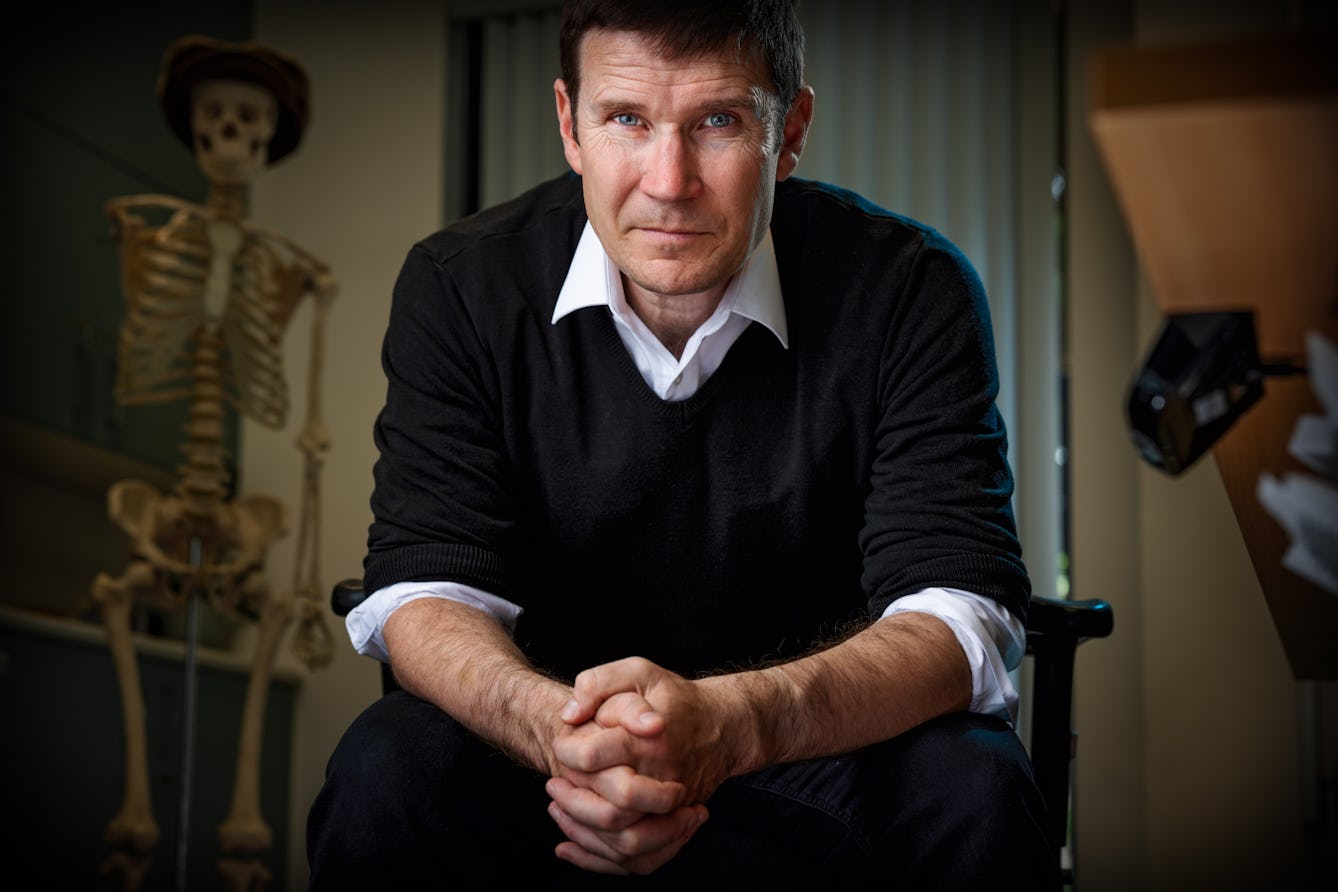
- Book extract
- Book extract
Why the NHS is worth saving
In this extract from his latest book, ‘Free For All’, Dr Gavin Francis poses challenging questions to be addressed if a health service that’s free for all at the point of use is to remain possible.
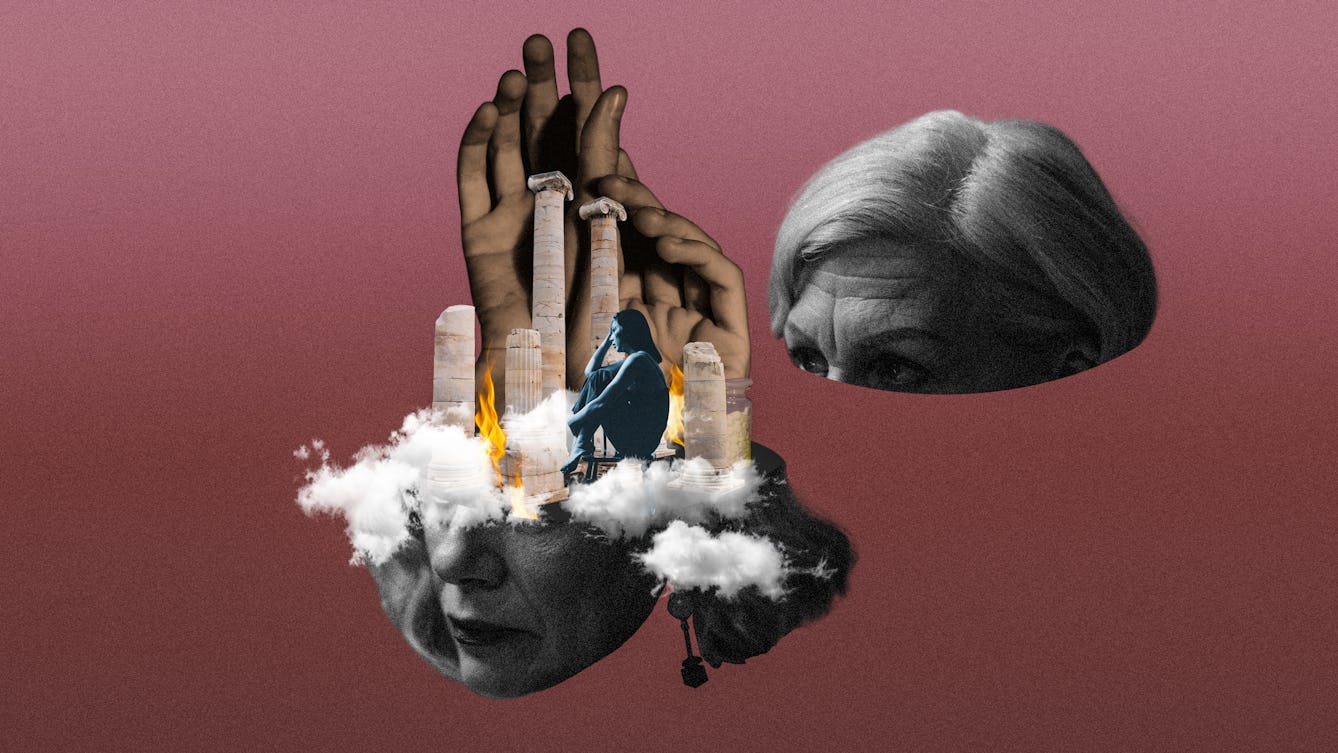
- Article
- Article
Hysteria
Mental health and emotional symptoms are common during menopause, but a long history of dismissing sufferers as 'hysterical women', at the mercy of their emotions has made it much harder to discuss these issues and to get support.
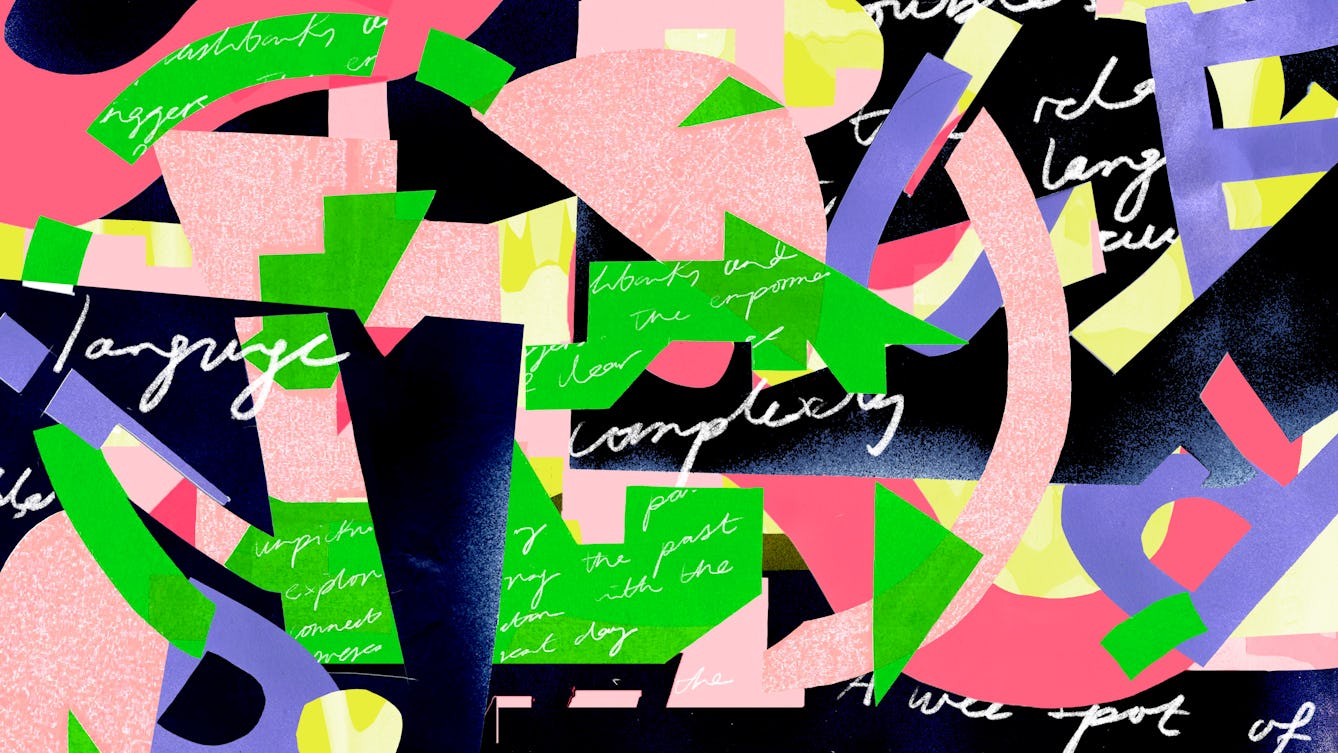
- Article
- Article
A wee spot of bother
Euphemisms can both appear to diminish experiences while at the same time making them easier to talk about. Carrie Hynds, who experienced the latter part of Northern Ireland’s “Troubles”, explores the relationship between language and trauma.

- Article
- Article
The shock of cardiac arrest when you’re young and fit
Footballer Christian Eriksen’s on-pitch collapse in 2020, witnessed by thousands, was shocking. Fellow cardiac-arrest survivor Meg Fozzard explores the risks in the young and fit, and how we can all help.

- In pictures
- In pictures
Pepys and the plague
Through its long history, London has survived some enormous epidemics. During the 1665 Great Plague of London, the city burned, shops closed, the streets emptied and bodies piled up. Read Samuel Pepys’s account of how the city pulled through.
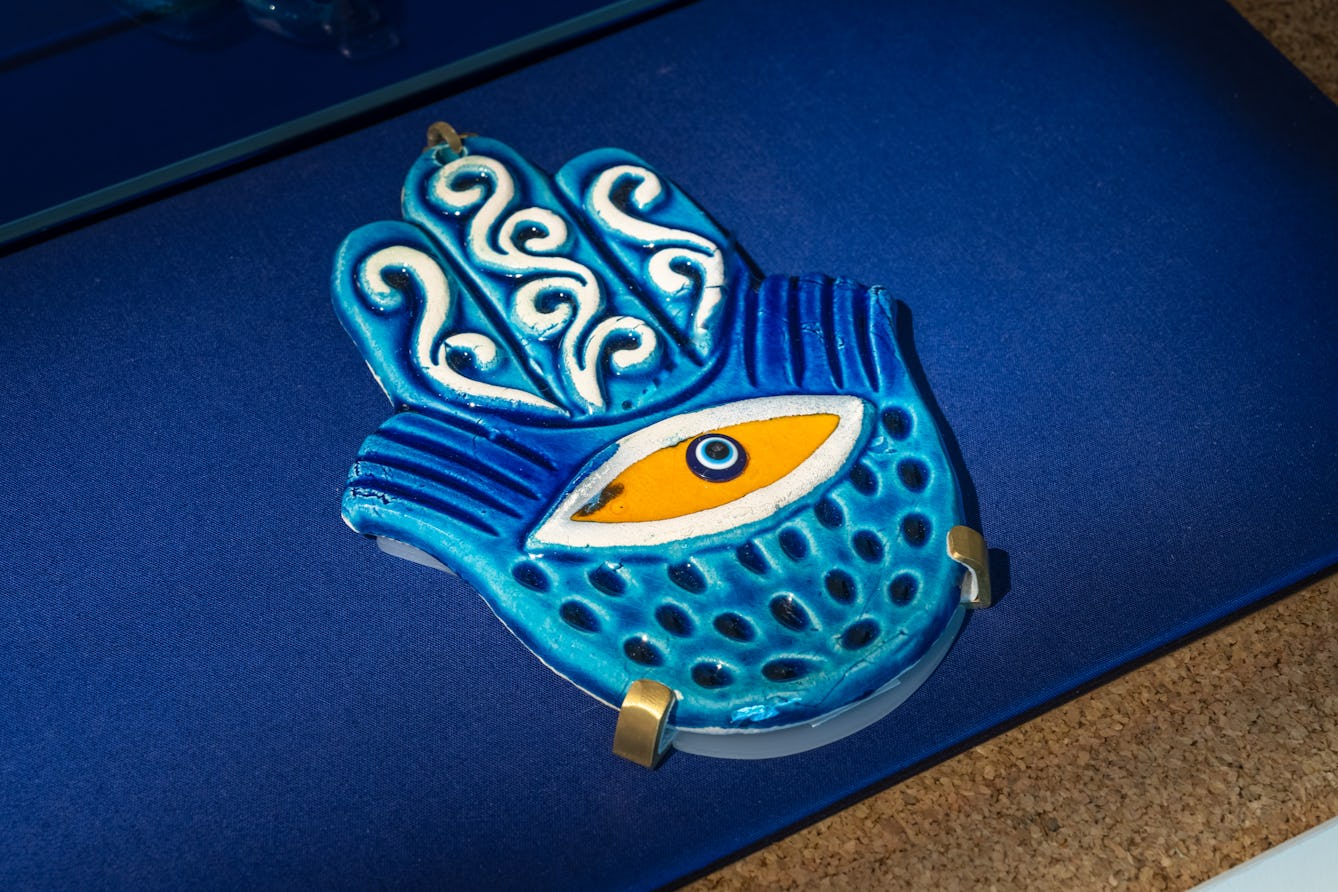
- Article
- Article
The evil eye and social anxiety
The ‘look’ of the evil eye is believed to bring bad luck, illness or even death. This ancient curse might be deliberate, inflicted with an envious glare, or it could be accidental, the result of undue attention or excessive praise.

- Article
- Article
Deadly doses and the hardest of hard drugs
The invention of the modern hypodermic syringe meant we could get high – or accidentally die – faster than before. Find out how this medical breakthrough was adapted for deadly uses.

- Article
- Article
A brief history of ventilation
As ventilators continue to play an important part in helping very ill coronavirus patients, medical historian Dr Lindsey Fitzharris traces their development from the first attempts at mouth-to-mouth resuscitation through centuries of medical crises.

- Article
- Article
Drugs in Victorian Britain
Many common remedies were taken throughout the 19th century, with more people than ever using them. What was the social and cultural context of this development?

- Article
- Article
Can our sexual desires be transformed?
In the 1950s, many psychiatrists thought that homosexuality could be reformed. One found that it couldn’t – and his discoveries led to a change in the law.